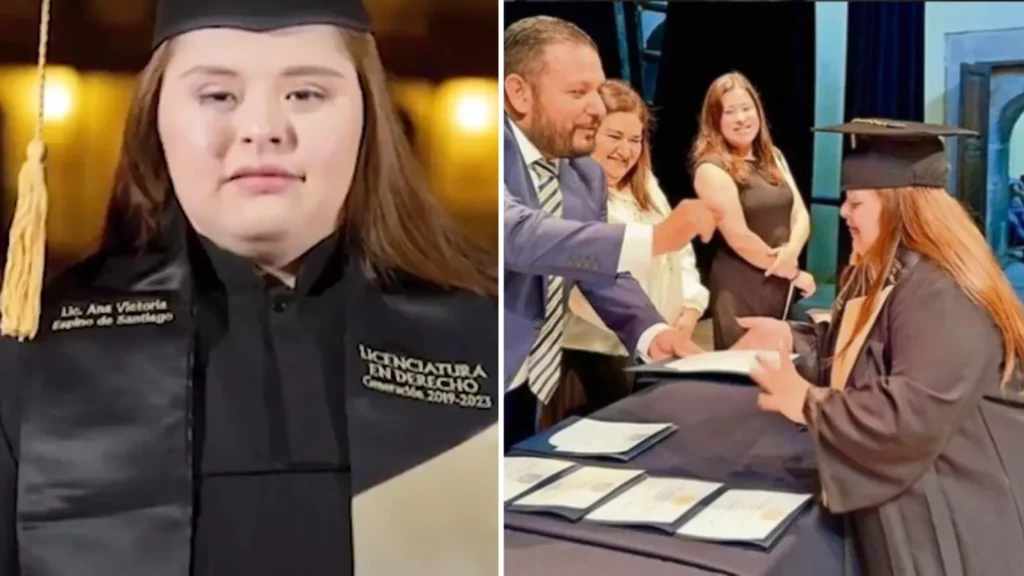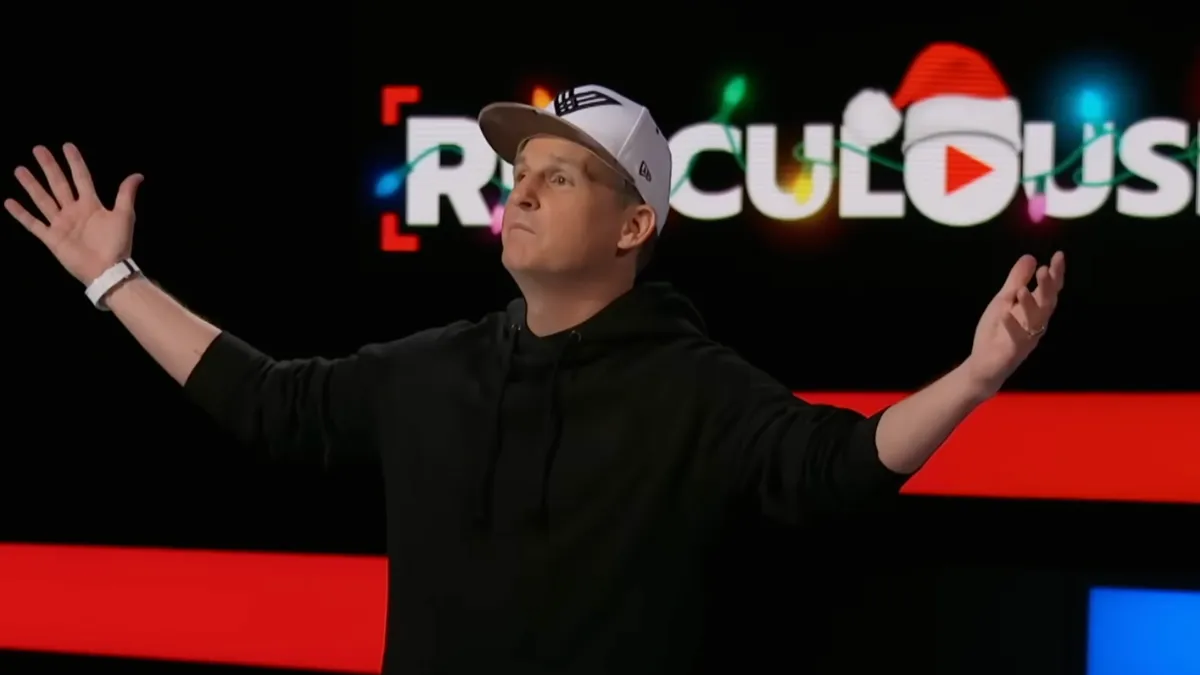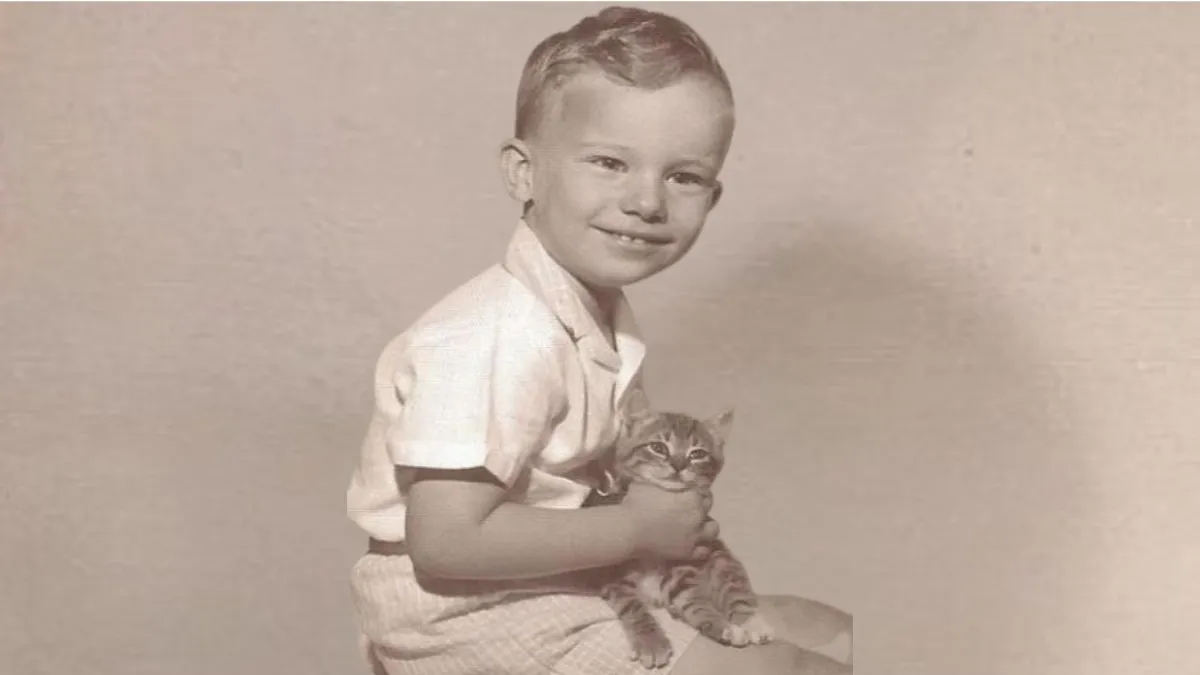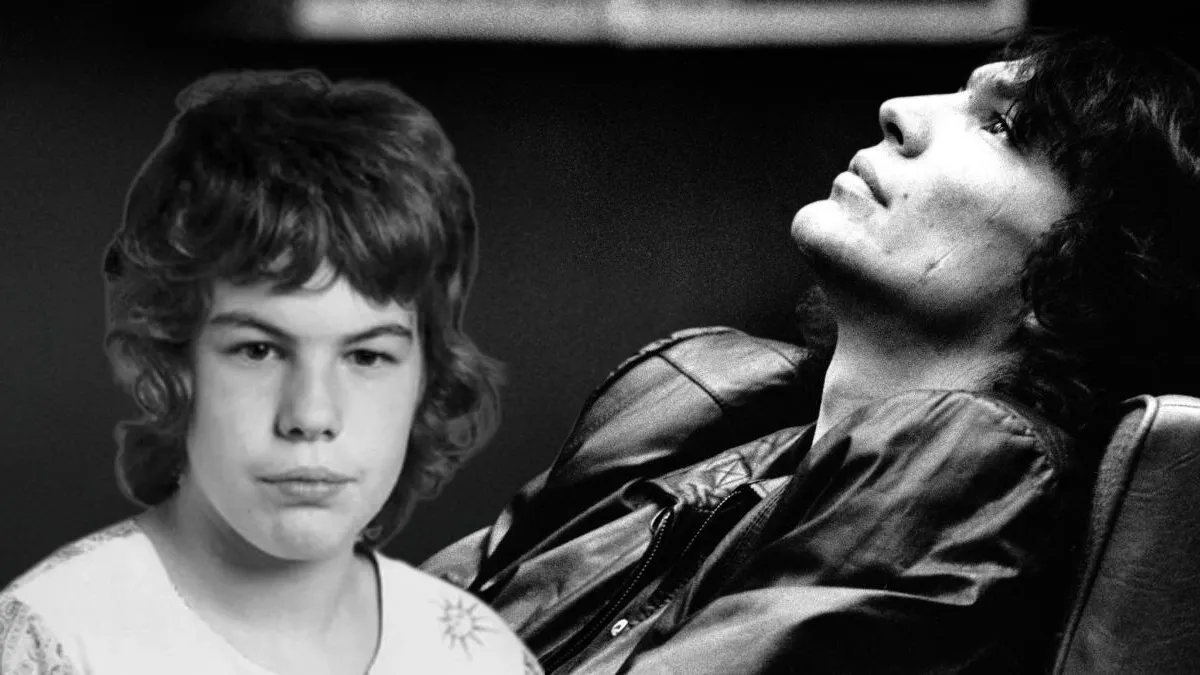In a world where breaking down boundaries sometimes seems impossible, one lady has beaten the odds and smashed prejudices.
Ana Victoria Espino De Santiago, a 25-year-old from Zacatecas, Mexico, has made history as the first lawyer with Down syndrome in her city, and maybe all of Latin America.
Her path is not only a personal triumph but also a source of hope and inspiration for many others facing similar struggles.
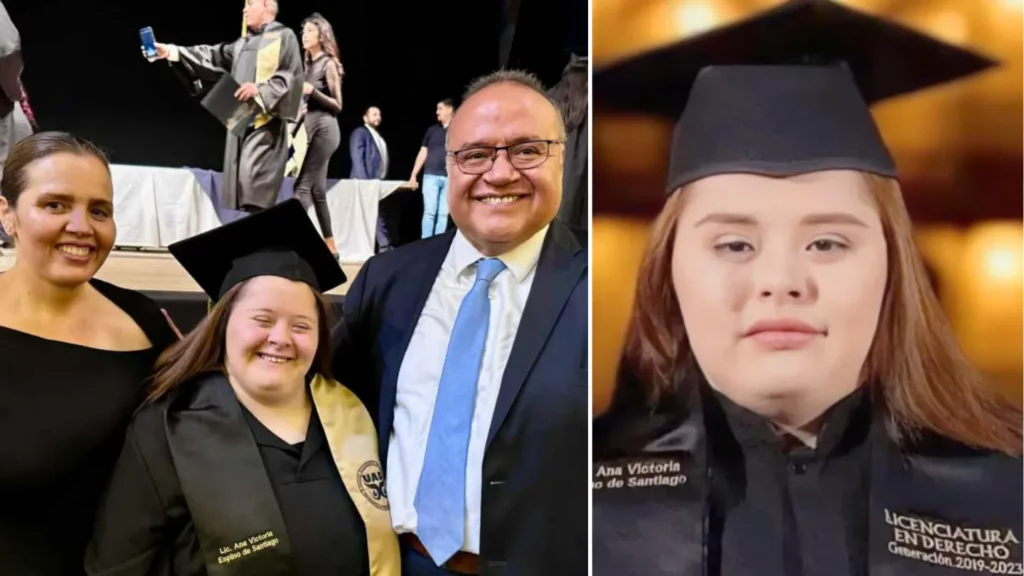
Ana’s tale exemplifies resilience and determination. Born in Guadalupe, Zacatecas, she grew up in an environment that was not always prepared to suit her unique educational demands.
Despite these obstacles, Ana refused to let her disability dictate her limitations. She enrolled in Universidad Autónoma de Zacatecas, where she tackled the rigors of law school head-on.
Her perseverance paid off when she earned her law degree in July, marking a watershed moment in her life and the history of her city.
But Ana’s goals go well beyond the courtroom. In an interview with NTR TV, she expressed her profound commitment to fighting for the rights of individuals with disabilities. “I really like the law because it defends people with disabilities, people’s rights, and my personal rights.”
Ana explained. Her statements reflect not only her passion for the legal profession but also her desire to provide a voice for people who are frequently silenced.
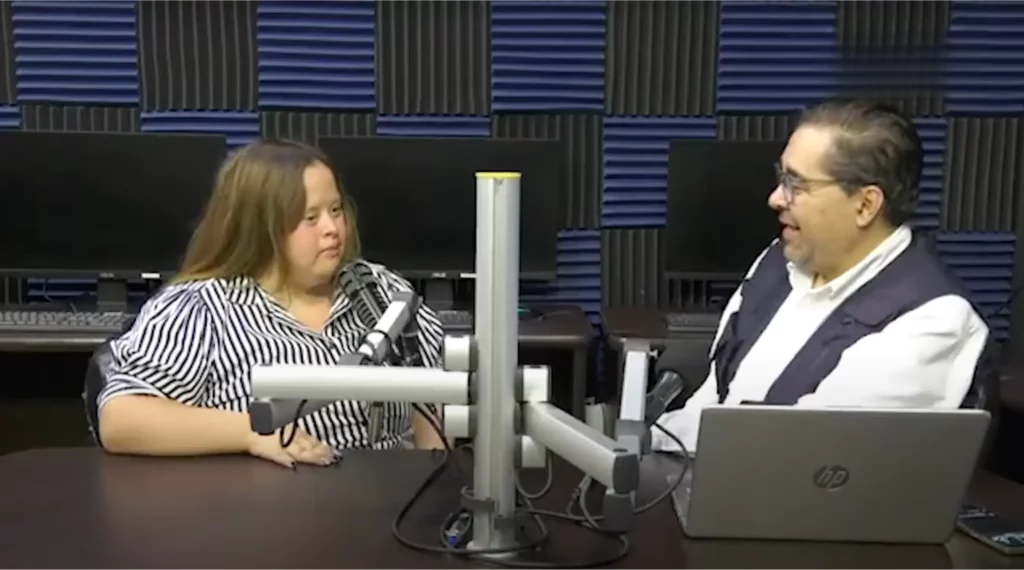
Ana’s advocacy is very personal. She has personally seen the difficulties that people with disabilities face, particularly in accessing justice and fair opportunity.
Her ambition is to use her legal knowledge to assist others who, like her, have encountered societal roadblocks. “Help people with disabilities, help those who do not have a voice, because that is why I am a lawyer,” she said, emphasizing her desire to make a meaningful difference in the lives of others.
Her quest, however, does not end with law. Ana hinted at her desire to enter politics, where she believes she can create even bigger change. “I see myself being a local representative,” she said, expressing her wish to see more individuals with disabilities in positions of power. “I want to pave the way so that all people who live with a disability can occupy decision-making spaces, because our condition does not silence our voice, will, and ability to contribute to improving our state,” she told the crowd.
The response to Ana’s achievements has been enormously favorable, particularly on social media, where her tale has inspired many people.
One user said, “This is impressive.” My friends in law school are already struggling. This is truly remarkable, especially considering his cognitive impairment. Good for her; I hope she can utilize her degree to motivate others in similar situations to achieve outstanding things. Another person shared a similar attitude, stating, “Congratulations to her. More committed and ambitious than others. ” I wish her well.”
As we celebrate Ana’s tremendous accomplishments, it’s vital to consider the broader ramifications of her success.
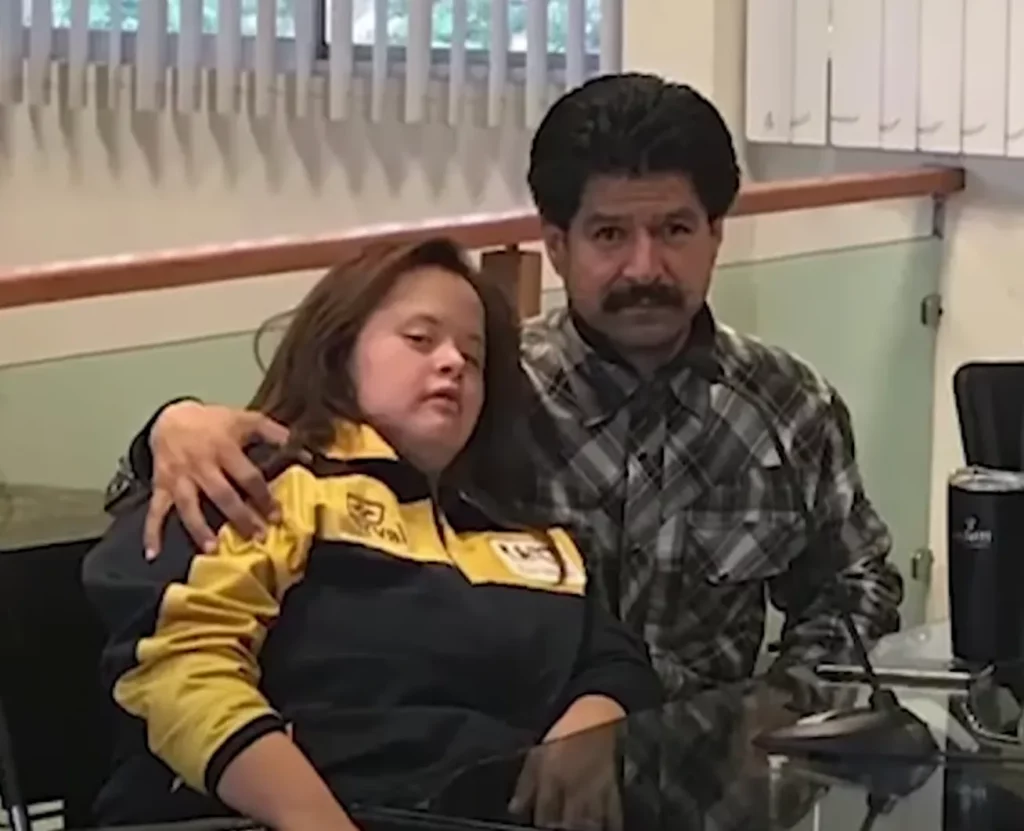
Her path serves as a reminder that with determination, support, and a firm belief in oneself, no dream is too large. More than just a lawyer, Ana Victoria Espino De Santiago is a trailblazer, a role model, and a fierce advocate for those who have long faced disadvantage.
Ana’s future intentions indicate that her journey is far from over. While she remains committed to practicing law and working for disability rights, she has set her sights on a new goal, one that has the potential to transform the landscape for persons with disabilities in Mexico and elsewhere. Ana plans to venture into politics, aiming to amp up her impact by amplifying the voices of those historically marginalized in the decision-making process.
Her mission is clear: to ensure that people with disabilities are not just heard but also actively involved in crafting policies that affect them.

